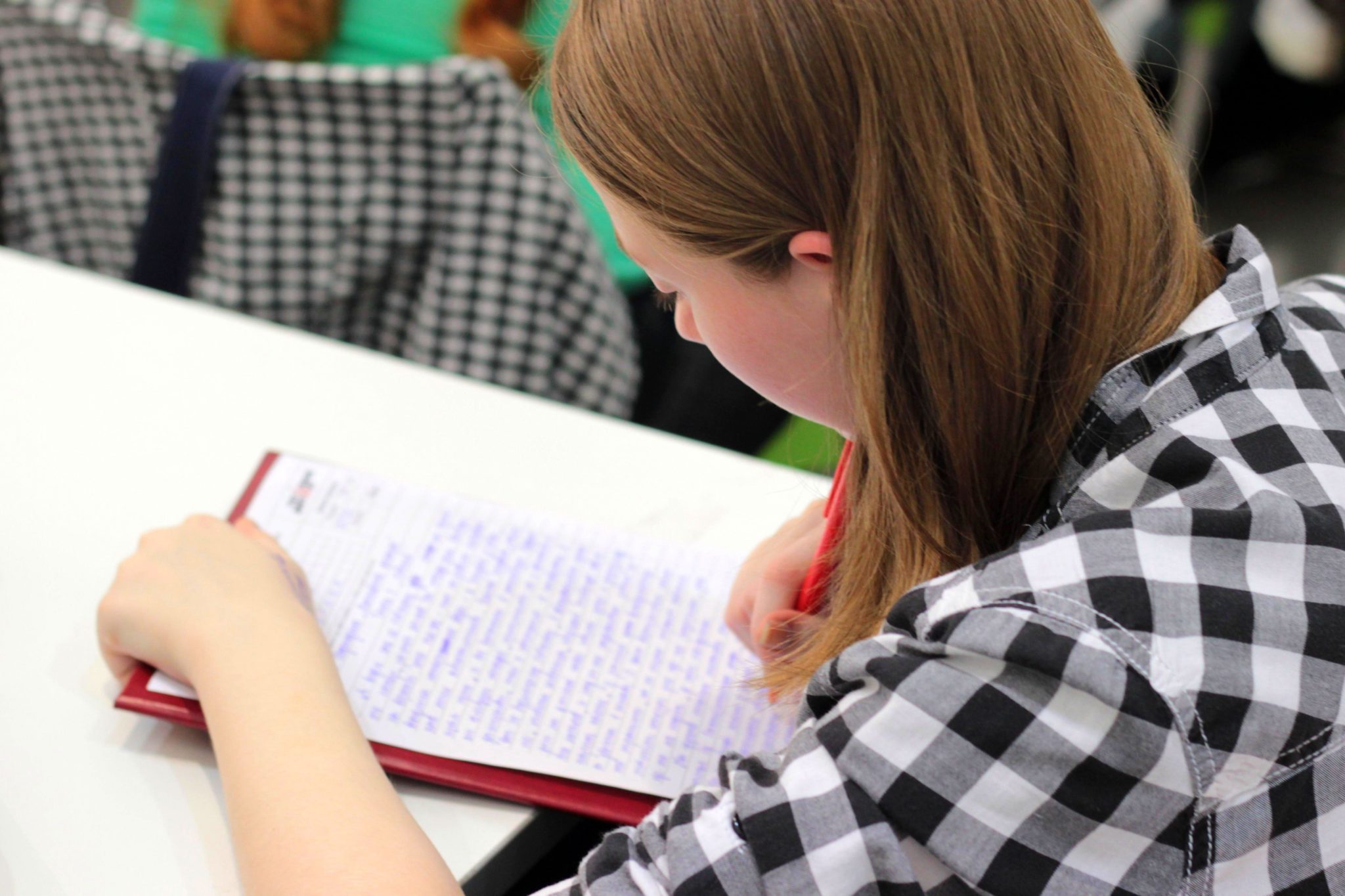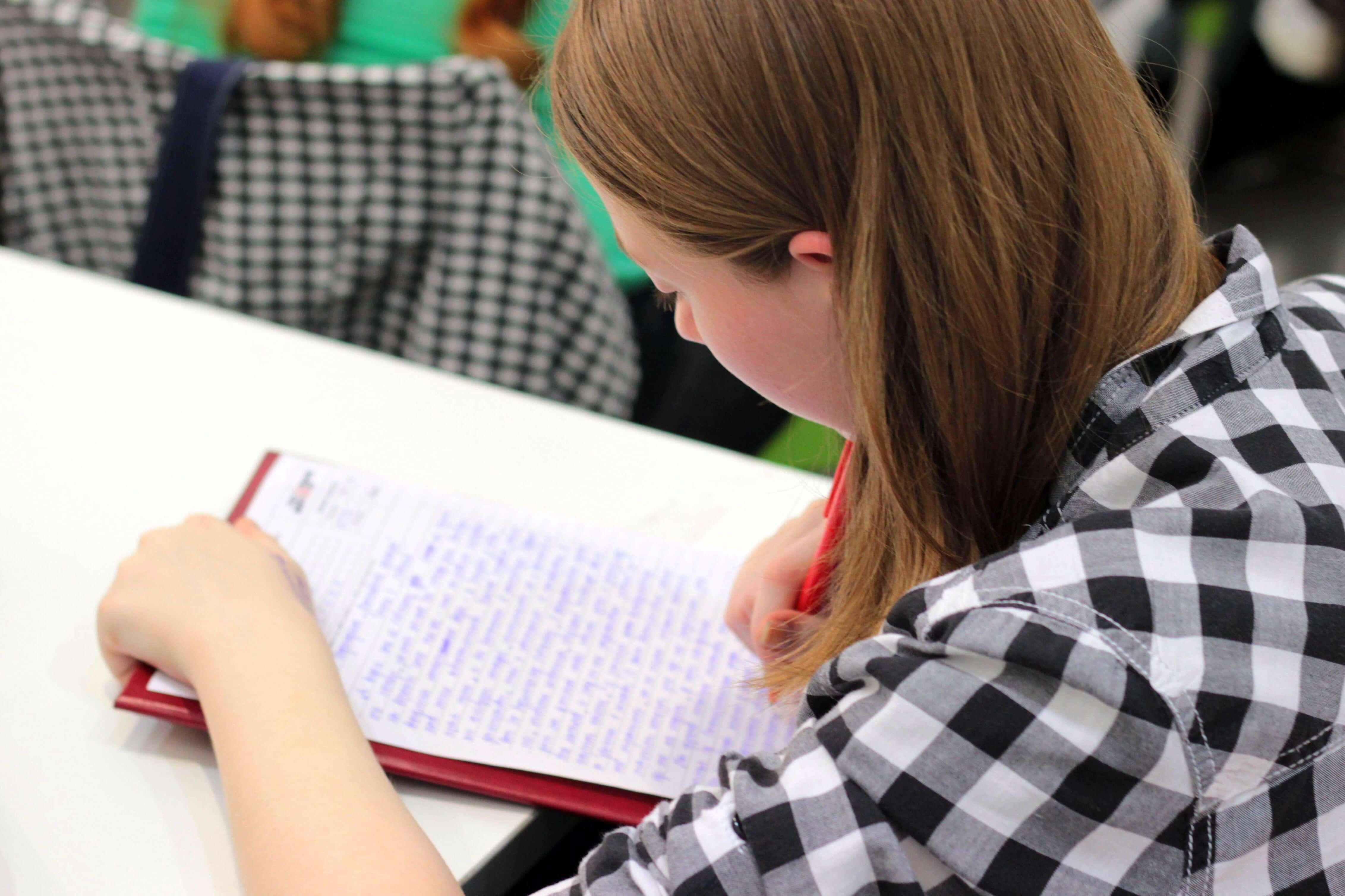The 5 paragraph essay format is the most common academic task that a student at all educational levels has to deal with. This is primarily because the majority of the exams have a time-restriction and a word limit. However, a 5 paragraph essay format is also a very flexible one, regarding the topic choice and disciplines.
The five-paragraph essay has become a standard for all kinds of essays, including persuasive and narrative. Writing a 5 paragraph essay can get a little daunting, especially if you feel that your essay writing skills have a long way to go.
You might think that to write a custom 5 paragraph essay, it’s nearly impossible to avoid turning to professionals for help, however, by the end of this article, you’ll change your mind. You’re going to get a clearer grasp of the best way to go about writing a high-quality, attention-grabbing, traffic-driving, and brilliant five-paragraph essay no matter the nature of your assignment or the discipline.
How to Write a 5 Paragraph Essay: Step by Step Guide :
Make an Outline First :
Structuring the contents of your essay is the most important part –particularly if you’re going to be writing a restricted-to-five-paragraphs essay where the word limit comes into play. This kind of number-restricted essay format has an average word limit of 500 to 800 words. The five paragraphs are split like so:
- Paragraph 1: The Introduction – write your thesis statement in the outline.
- Paragraph 2, 3, 4: The Supporting Details – write a topic sentence for each of the three paragraphs.
- Paragraph 5: The Conclusion
The Introduction :
The first paragraph is usually the most important paragraph in your entire essay. It has a thesis statement and sets the tone for the rest of the paragraphs to come. If written right, it can act as a hook for the entire essay, grabbing the reader’s attention.
Tips To Write A Five Paragraph Essay Introduction :
- The thesis statement, which can either be the first or the last line of your introductory paragraph acts as a place-holder. Each of the four paragraphs that follow the link back to the thesis statement present in the first paragraph.
- However, if you’re writing an argumentative or persuasive essay, don’t reveal your argument in the introduction –rather use the argument as a placeholder itself.
- If you are having trouble coming up with the ‘hook’ of the essay – and this is common when writing an argumentative or persuasive essay – use a ‘temporary hook’ and adjust it when you’re done with the essay.
The Supporting Details :
The supporting details are the three paragraphs in between the introduction and the conclusion: two, three, and four. Each paragraph will have its own topic sentence which signifies one of your arguments or points. Each topic sentence must link back in support of the thesis statement mentioned in the first paragraph.
Tips for Writing a 5 Paragraph Essay with Supporting Details :
- Write your topic sentence, and add the supporting details or your opinions and arguments to that statement. This is called the thesis assertion and is the most important part of the entire essay.
- Provide solid, fully-researched pieces of evidence to support your argument. Cite your sources, provide facts, examples, statistics, and quotes.
- Unless it’s a descriptive five-paragraph essay, your commentary is super important to make your essay ‘stand out’ from the rest.
- Structure your points in such a manner that your weakest point is sandwiched between your two strongest ones.
The Conclusion :
This is the summary of your entire essay and restates the thesis statement of the entire essay.
Because the conclusion performs the task of linking the thesis statement through each paragraph and all the way up to the introduction, this paragraph must not contain any new information. You can conclude your essay with a call to action, a warning, a universally accepted statement, or even a quote.
The Finishing Touch :
- Combine choppy sentences to make your essay more concrete
- Rephrase wordy sentences into readable, simpler ones
- Rewrite run-on sentences and fragments
- Summarize, tighten, and de-clutter
A Sample :
| Essay Topic: | Environmental Preservation |
| Paragraph 1 | “Do you want to live on a planet, surrounded by wasteland?” + 4 to 5 sentences |
| Paragraph 2 | “Deforestation not only causes air pollution but increases the chances of diseases as well.” + Example or statistics |
| Paragraph 3 | “Around the world, failure of environmental preservation has been linked with reduced income and reduced protection from natural disasters.” + Statistics or examples |
| Paragraph 4 | “Environmental destruction is contributing to reduced food security and water availability” + Statistics and examples |
| Paragraph 5 | “In conclusion, destroying all our natural resources, reducing air quality not just worsens our environment, but directly impacts humanity as well.” |
Read Also :






















